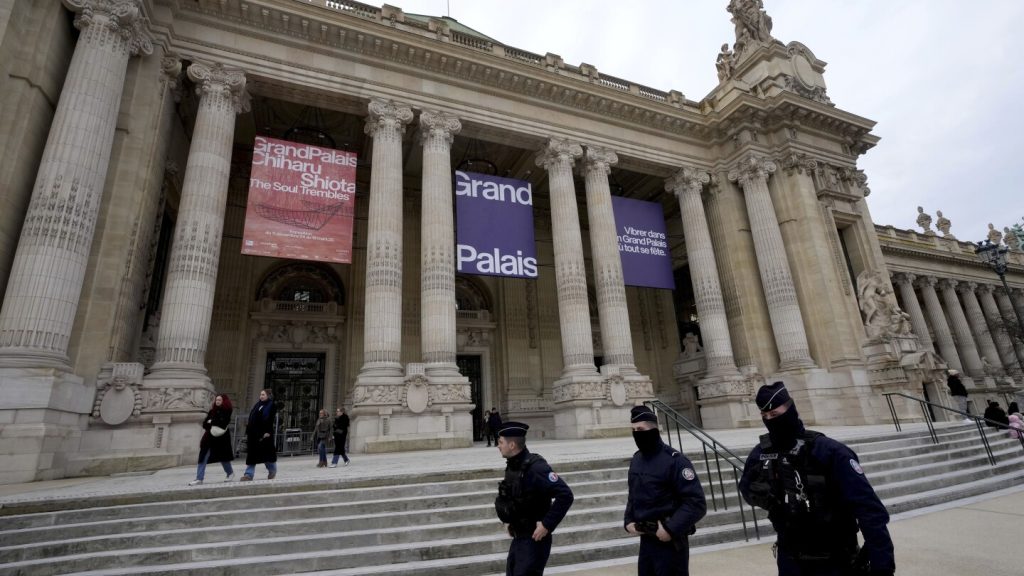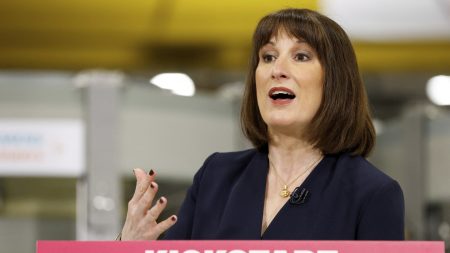The Paris AI Action Summit: Shaping the Future of Artificial Intelligence
Summit Basics: A Global Gathering of Leaders
The Paris AI Action Summit, set to take place on February 10-11, marks a significant milestone in global efforts to guide the development of artificial intelligence (AI). Hosted by French President Emmanuel Macron and Indian Prime Minister Narendra Modi, the summit brings together world leaders, tech executives, and experts to address the challenges and opportunities posed by the rapidly evolving technology. The event is attended by prominent figures such as European Commission President Ursula von der Leyen, German Chancellor Olaf Scholz, Canadian Prime Minister Justin Trudeau, and tech giants like OpenAI CEO Sam Altman, Microsoft President Brad Smith, and Google CEO Sundar Pichai. While Tesla CEO Elon Musk and DeepSeek founder Liang Wenfeng have been invited, their attendance remains uncertain. The summit will feature panel discussions, workshops, and a closing session where leaders and CEOs will deliver speeches, shaping the global dialogue on AI governance.
The event is held at the iconic Grand Palais in Paris, with a high-profile dinner at the Elysee Palace for world leaders and CEOs. The summit reflects a growing recognition of AI’s transformative potential and the urgent need to establish ethical and regulatory frameworks to guide its development. By bringing together diverse stakeholders, the summit aims to foster collaboration and consensus on how to harness AI for the benefit of all while mitigating its risks.
What’s at Stake: The High-Speed Evolution of AI and Its Global Implications
Generative AI, powered by platforms like ChatGPT and DeepSeek, has advanced at an unprecedented pace since its debut in 2023. This technology is reshaping industries, from healthcare to education, and transforming how people live, work, and interact. However, the rapid progression of AI also raises concerns about safety, security, and ethical use. The 2023 summit in Bletchley Park, UK, resulted in a non-binding pledge by 28 nations to address AI risks, while a follow-up meeting in South Korea established a network of public AI safety institutes to advance research and testing.
This year’s summit in Paris expands on these efforts by broadening the discussion to include more countries and a wider range of topics, such as the future of work, environmental sustainability, and inclusivity. Organizers emphasize that AI governance is not just about technical safety but also about ensuring that the technology benefits everyone equitably. As Macron noted, "AI cannot be the Wild West," highlighting the need for global rules to prevent misuse and ensure ethical development. The stakes are higher than ever, as the rise of AI has become a focal point of international competition, with nations vying for leadership in the technology.
The Deliverables: A Push for Global Cooperation and Ethical AI
While the summit is not expected to produce binding regulations, organizers are seeking commitments from participating nations to adopt ethical and sustainable AI practices. A key deliverable is a joint political declaration that outlines principles for the development and use of AI, focusing on transparency, inclusivity, and environmental sustainability. However, it remains unclear whether the U.S. will agree to such a measure, given its recent shift in AI policy under President Donald Trump.
In addition to the declaration, the summit will launch the Current AI initiative, a public-interest partnership aimed at democratizing access to AI tools and resources. With an initial investment of $400 million and a goal of raising $2.5 billion over five years, the initiative will provide open-source databases, software, and other tools to "trusted" AI actors. This effort reflects Macron’s vision of shifting the focus from a race to develop superior AI to a collaborative approach that uses AI to solve pressing global challenges, such as cancer and long COVID. As Martin Tisné, the summit’s envoy for public interest AI, noted, "We now have the opportunity to figure out not only how to mitigate the harms of AI but also how to ensure it improves people’s lives."
The U.S. Position: Balancing Leadership with Regulatory Challenges
President Trump has positioned the U.S. as a leading force in AI, aiming to make the country the "world capital of artificial intelligence." However, his administration has taken steps that may undermine global cooperation, such as withdrawing from the Paris Climate Agreement and revoking former President Joe Biden’s executive order on AI guardrails. Trump’s new AI policy prioritizes reducing regulatory barriers and building AI systems free of "ideological bias," reflecting a more laissez-faire approach to the technology.
This stance has raised concerns among experts, who fear it could hinder efforts to establish global AI governance. According to Nick Reiners, a senior geotechnology analyst at the Eurasia Group, "Trump is against the very idea of global governance," which could complicate efforts to secure widespread agreement on AI-related issues. While the U.S. remains a key player in the AI race, its opposition to international collaboration may limit the impact of the Paris summit and other global initiatives.
China’s Role: Rising Influence and Geopolitical Tensions
China’s growing influence in AI was underscored by the recent launch of DeepSeek, a chatbot that rivals Western platforms like ChatGPT. The app’s release last month sparked geopolitical tensions, with Trump calling it a "wake-up call" for the U.S. tech industry and accusing DeepSeek of using stolen OpenAI data. Despite facing investigations and bans in several countries over privacy and security concerns, DeepSeek’s success has demonstrated China’s ability to compete in the global AI race without matching the massive investments of U.S. tech giants.
Chinese leader Xi Jinping is sending Vice Premier Zhang Guoqing as his special envoy to the Paris summit, signaling China’s desire to play a more prominent role in global AI governance. This move comes as the U.S. pulls back from international collaboration, creating an opportunity for China to fill the void. Reiners noted that DeepSeek’s rise aligns with France’s strategy of promoting open-source models and reducing dependence on expensive, U.S.-dominated AI infrastructure. Macron hopes to use the summit to elevate French and European AI innovation, including startups like Mistral, which operates on an open-source model. DeepSeek’s success has proven that AI leadership does not require heavy investment in chips and data centers, offering a new paradigm for global competition.
Transatlantic Tensions: Balancing AI Innovation with Regulatory Oversight
The summit also highlights lingering tensions between the U.S. and the European Union over AI regulation and tech governance. The EU has been a vocal advocate for stricter regulations, as seen in its AI Act, which aims to standardize the technology’s use across the bloc. However, American tech companies like Meta and Google have pushed back against these measures, calling them "unworkable" and arguing that they could stifle innovation and push Europe to the sidelines.
These transatlantic tensions were evident at the World Economic Forum, where Trump criticized the EU’s multibillion-dollar antitrust fines against U.S. tech companies, labeling them a "tax on American companies." The EU’s regulatory environment continues to be a point of contention, with experts warning that it could create a fragmented AI ecosystem and hinder global cooperation. The Paris summit offers a rare opportunity to address these differences and find common ground, but the odds of a unified agreement remain low given the breadth of issues on the table.
Conclusion: A Global Imperative for AI Governance
The Paris AI Action Summit serves as a critical moment in the global conversation about AI governance. With the technology advancing at breakneck speed, the stakes for humanity have never been higher. The summit reflects a shared understanding that AI is not just a technological advancement but also a societal challenge requiring international cooperation. By bringing together world leaders, tech executives, and experts, the summit aims to establish a framework for ethical and sustainable AI development that benefits all nations and people. While the challenges are significant, the summit offers hope that the global community can come together to shape a future where AI is a force for good, driving progress without exacerbating inequalities or risks. The success of this effort will depend on collaboration, trust, and a commitment to shared values in the face of rapid technological change.








